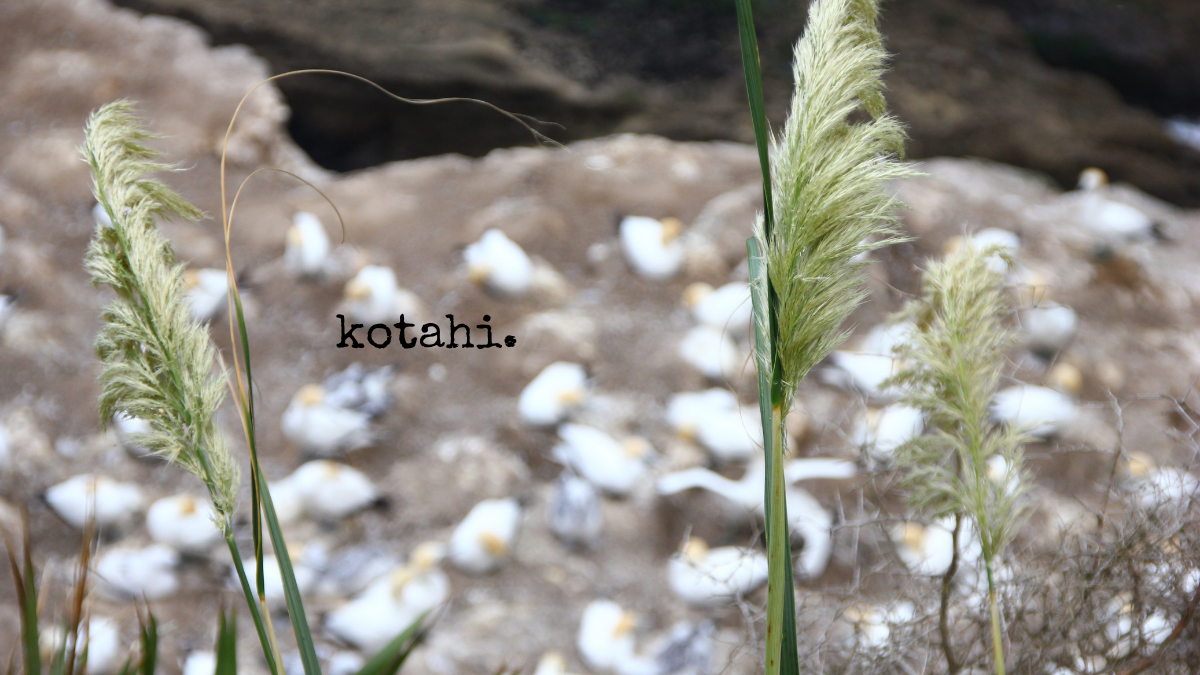Learning te reo Māori and Māoritanga—the Māori language and its culture—have brought it home.
Since coming back to Aotearoa New Zealand after many years away, I’ve been learning te reo Māori and Māoritanga. I felt since it was my “homecoming” that I wanted to embrace it fully, instead of being ignorant of one of the three official languages of my home country (the other two being English and Sign).
I also have a traceable Māori bloodline. My tūpuna (ancestors) on my mother’s side are from the iwi (tribe) Ngāpuhi—the warriors of the North of Aotearoa New Zealand. At the forefront of political developments with Pākeha (the European settlers), Ngāpuhi were also the leading opponents of the treatment of Māori by Pākeha and the manner in which Te Tiriti o Waitangi* was being administered (for which, initially the iwi was supportive). It felt wrong for me to feel somehow connected to this bloodline yet remain ignorant of its culture.
And I noticed that after almost 20 years away from the country, how much had changed (and yet so much remained the same).
Once upon a time, te reo Māori was at risk of being extinguished. It was actively discouraged (kia ora, colonialism), and fewer and fewer Māori spoke it. Imagine that for a moment…being beaten for speaking your own language.
In the late 80s it became a compulsory subject in primary schools, and now I’m proud to come back to these shores and find it very much part of our culture and parlance, especially in younger Kiwis, and depending on where you live in the country.
I’m enchanted by the beauty of the language. A wāhine ataahu is a beautiful woman, or literally ‘a woman beautiful like the shape of the morning.’ How gorgeous is that?
But here’s what I’ve learned since taking up te reo Māori.
I believe it’s a language for now.
Being in Right Relationship
The concept of kotahi or oneness features in indigenous cultures in some form or other. It’s the concept of being in right relationship with our environment—around us, below us, and above us.
It is represented in te reo Māori like no other language I have learned (I count among them French, Turkish, Russian, Indonesian, and smatterings of Spanish and Italian).
The kotahi of all of us, our whakapapa (genealogy), our taiao (natural world), and so much more, exists in the expressions and protocols of Māori.
As an example, I have learned my pepeha (protocol for introducing myself).
It starts:
“This is my maunga/mountain.
This is my moana/sea.
This is my waka/canoe.
This is my iwi/tribe.
This is my hapū/subtribe.
This is my marae/village.
This is my rangatira/chief.
These are my tūpuna/ancestors”
…and so it goes until:
“Ko Helen tōku ingoa / My name is Helen.”
It describes my right relationship with the taiao/natural world and my whakapapa/genealogy before I even get a mention in the protocol.
That’s kotahi.
It’s oneness and being in right relationship with everything around, below and above us.
And kotahi is what we so desperately need now.
Water has a right to flow
In learning te reo, I’ve come to understand how sustainability is indigenous. While the industrial complex and environmental groups struggle to define sustainability and create sustainable models, we need only look to indigenous cultures and how they live and breathe kotahi—and therefore sustainability.
In 2012 after a long-running court case, Aotearoa New Zealand’s courts conferred legal rights to te awa Whanganui, the third largest river in the country, with representatives from local Māori and the Crown as guardians of its interests. It goes further on the question of whether the natural world should be considered merely resources for humans to exploit and from which to profit or whether we should be nurturing their intrinsic value, in right relationship.
So by elevating indigenous cultures, we speak kotahi into existence—that’s what we need now.
Nō reira e hoa mā, mā te kōrero i te reo e ora ai.
It is by using the the language, it will live.
*Te Tiriti o Waitangi is the Treaty of Waitangi, a constitutional document that guides the principles of engagement between the Crown and Māori.


